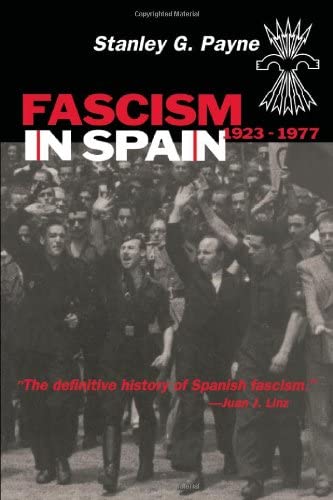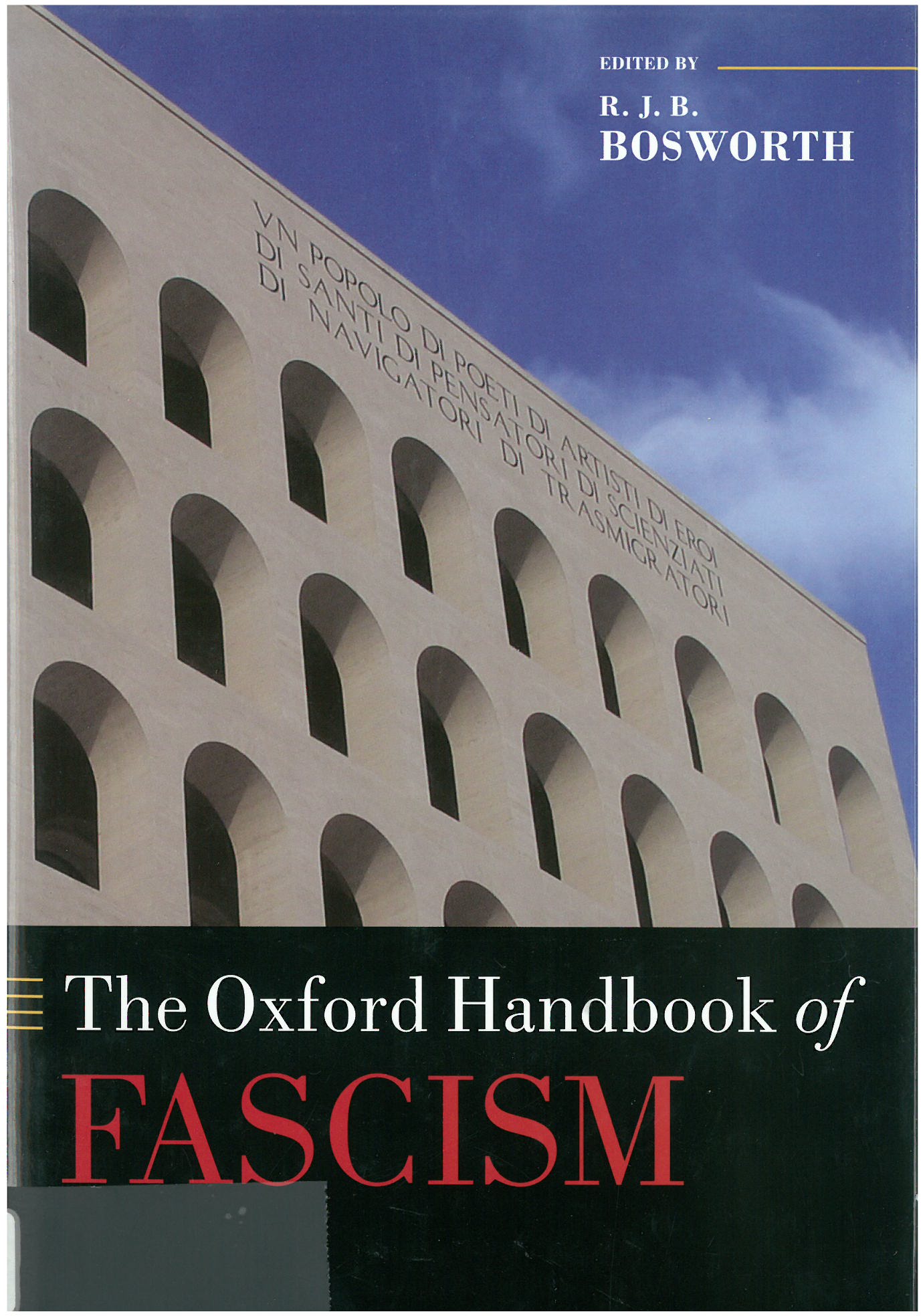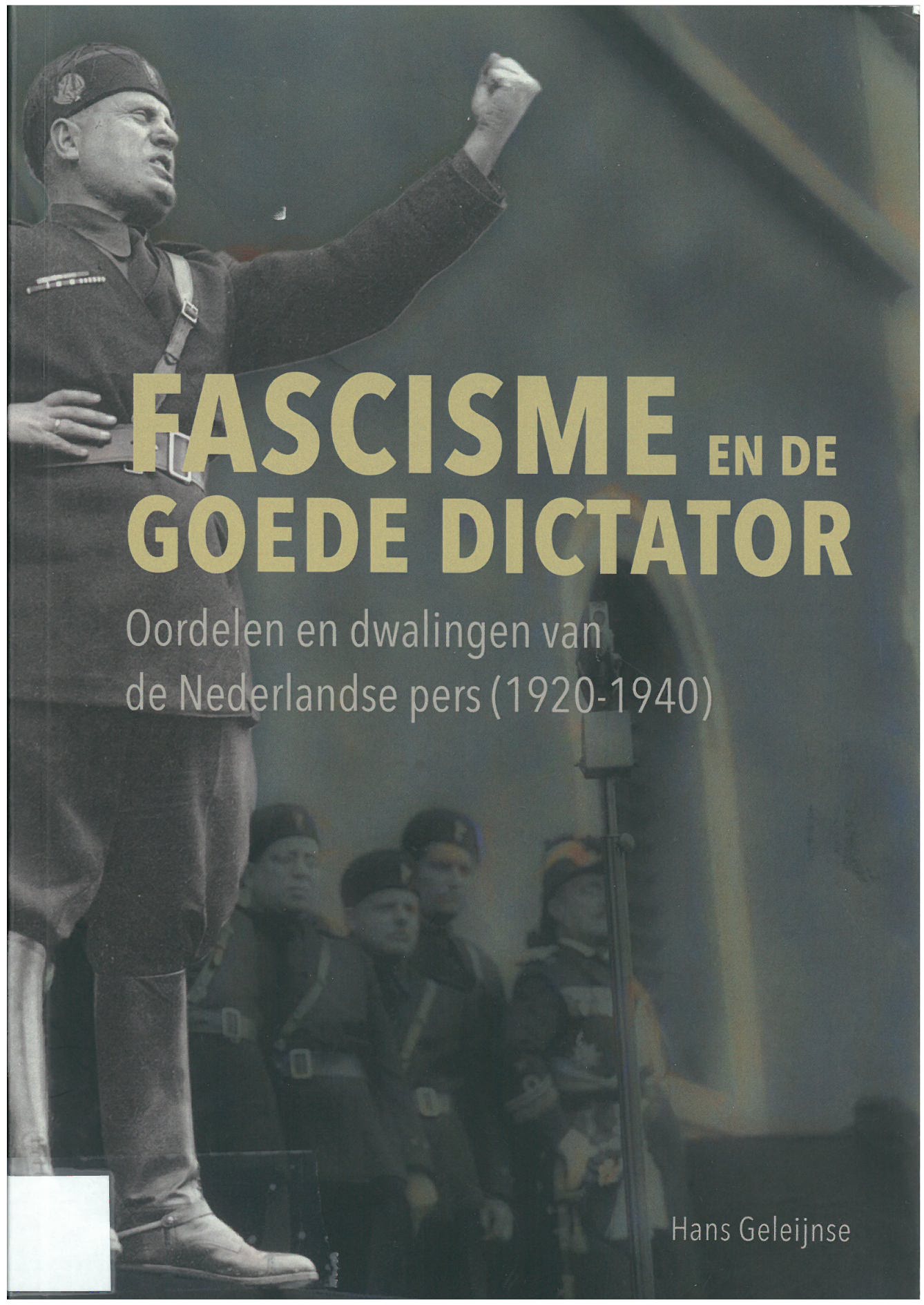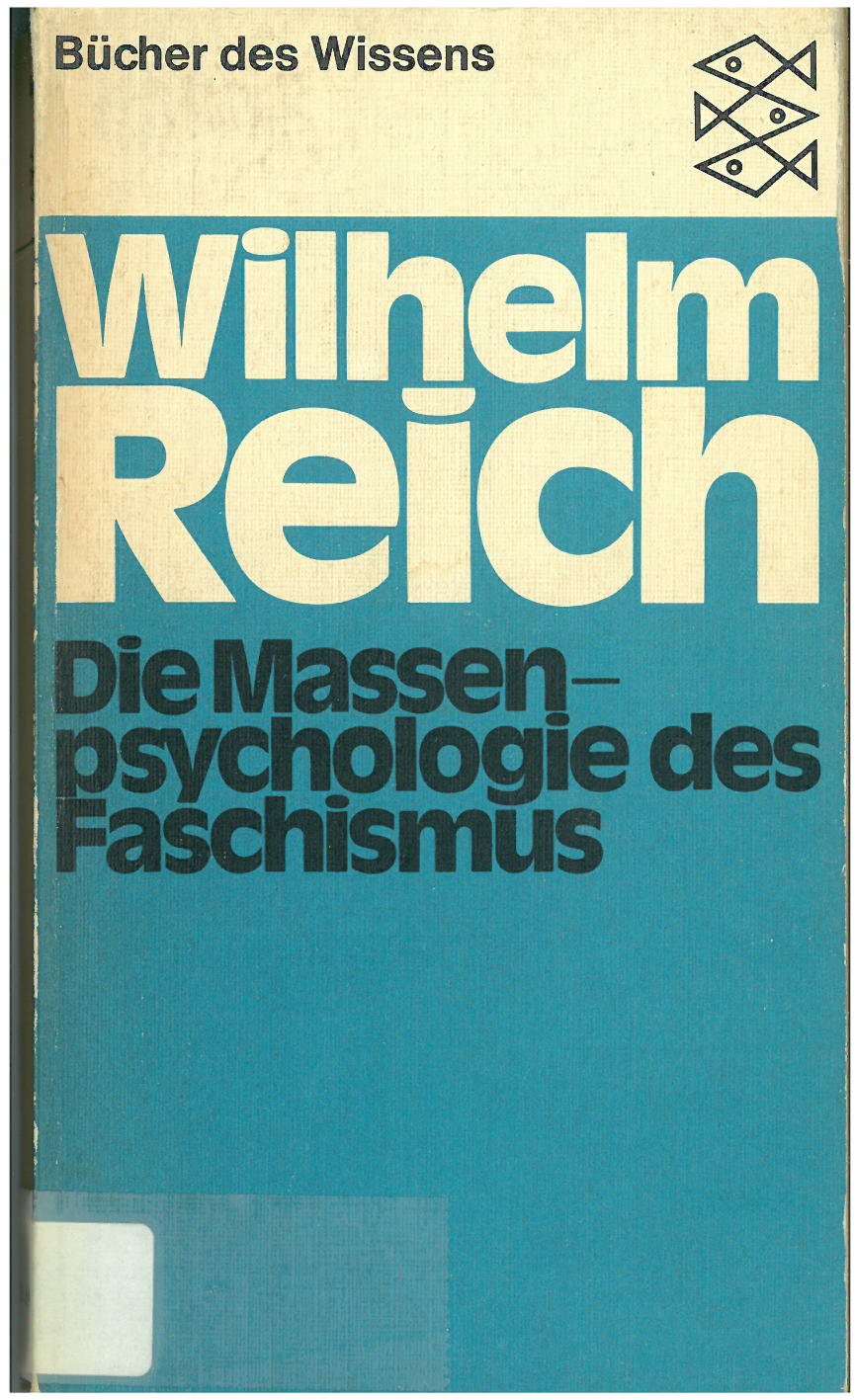
Fascism in the CegeSoma Library (1) : general perspective.
"Fascism in the CegeSoma Library (1) : general perspective". Under this title, we invite you to discover the twelfth theme of our series 'The Librarian's talks'. Each theme will be the occasion to dive into our collections and will be illustrated by a video and a text to complete the information contained therein.
Watch the twelfth episode of our video series 'The Librarian's Talks : 12. "Fascism in the CegeSoma Library (1) : general perspective".
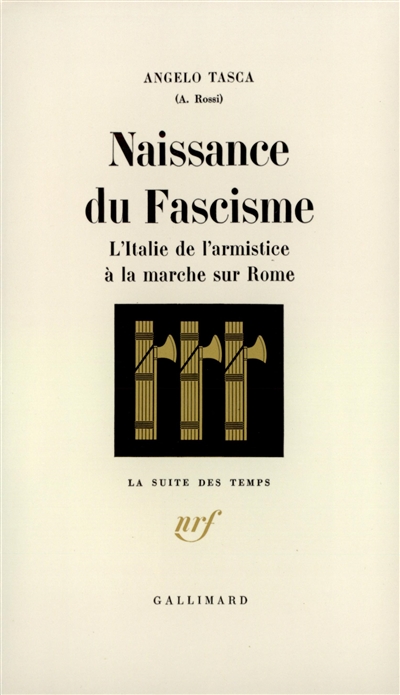 If, as already mentioned in this section, communism has been the object of sustained attention in our library, its worst enemy, fascism, has, over the years, also come to occupy a prominent place on our shelves. How can we be surprised? From the point of view of a certain approach to history, fascism, born out of the Great War, highly belligerent and fully responsible for the outrages of the Second World War, was bound to arouse the interest of historians, political scientists… and the general public. Its spectacular and militarised aspects, sometimes resembling a 'political religion' that stirs up human masses could only further raise interest in the topic.
If, as already mentioned in this section, communism has been the object of sustained attention in our library, its worst enemy, fascism, has, over the years, also come to occupy a prominent place on our shelves. How can we be surprised? From the point of view of a certain approach to history, fascism, born out of the Great War, highly belligerent and fully responsible for the outrages of the Second World War, was bound to arouse the interest of historians, political scientists… and the general public. Its spectacular and militarised aspects, sometimes resembling a 'political religion' that stirs up human masses could only further raise interest in the topic.
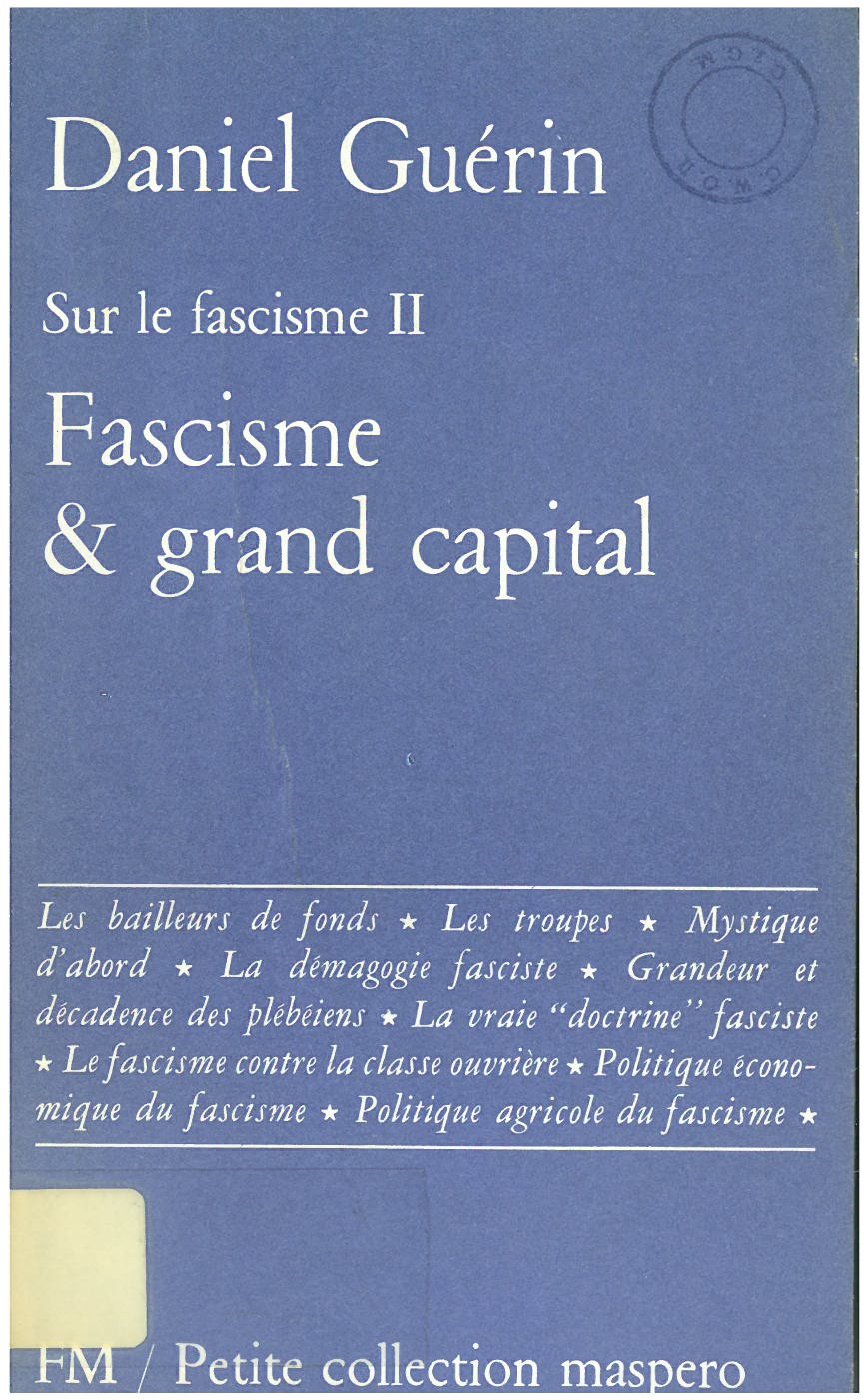 In fact, if we limit ourselves to scientific circles, from the time of its emergence in Italy between the two world wars up to our eminently post-modern era, several schools have been trying to interpret the fascist phenomenon and identify its social or political meaning. Right from the start, there was competition between three classic explanations. The liberal thesis, first defended by Benedetto Croce, first saw fascism as a simple parenthesis linked to an Italy that had not yet recovered from the spasms of the First World War, before casting it as a global and authoritarian rejection of the Enlightenment. Another view, based on historical determinism, associated it with the political and social state of the country in which it arose. Thus, there was fascism for rural states (Spain, Romania, Poland, etc.) or semi-rural states (Italy, Argentina, etc.) and fascism for industrial states (Germany, Netherlands, France, Belgium, etc.). Finally, the Marxist thesis, propagated by Karl Radek, Antonio Gramsci and others, including Maxime Litvinov, which was quite popular in the 1930s and at the end of the Second World War, saw fascism as an expression of the paroxysmal crisis of capitalism in its death throes, the last stage before the "classless communist society"…
In fact, if we limit ourselves to scientific circles, from the time of its emergence in Italy between the two world wars up to our eminently post-modern era, several schools have been trying to interpret the fascist phenomenon and identify its social or political meaning. Right from the start, there was competition between three classic explanations. The liberal thesis, first defended by Benedetto Croce, first saw fascism as a simple parenthesis linked to an Italy that had not yet recovered from the spasms of the First World War, before casting it as a global and authoritarian rejection of the Enlightenment. Another view, based on historical determinism, associated it with the political and social state of the country in which it arose. Thus, there was fascism for rural states (Spain, Romania, Poland, etc.) or semi-rural states (Italy, Argentina, etc.) and fascism for industrial states (Germany, Netherlands, France, Belgium, etc.). Finally, the Marxist thesis, propagated by Karl Radek, Antonio Gramsci and others, including Maxime Litvinov, which was quite popular in the 1930s and at the end of the Second World War, saw fascism as an expression of the paroxysmal crisis of capitalism in its death throes, the last stage before the "classless communist society"…
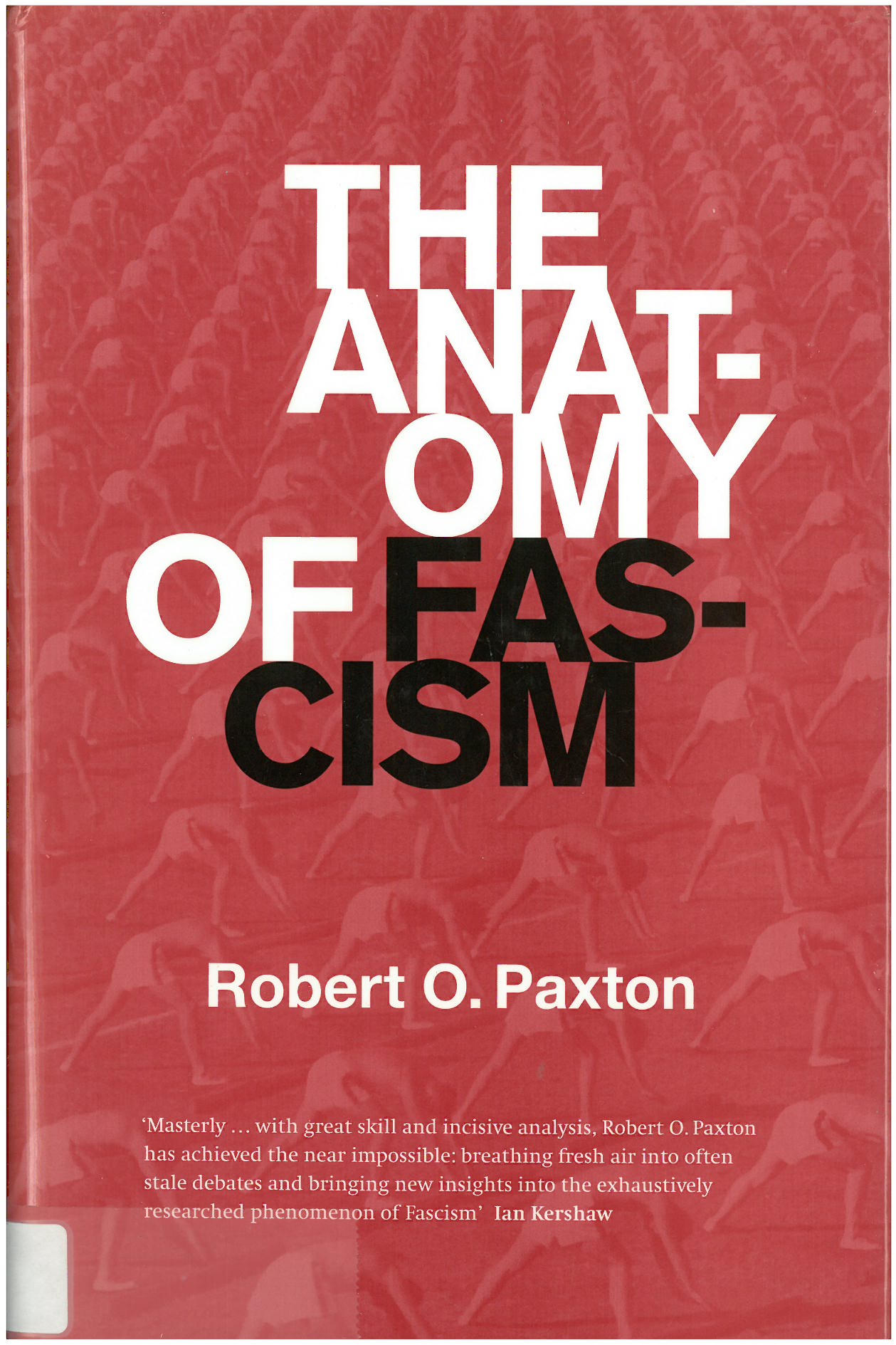 Then, after the second world conflagration and the onset of the Cold War, came the "American School" following Hannah Arendt and her disciples, with its hypothesis linking fascism to a nebulous, polymorphous totalitarianism (H. Arendt, The Origins of Totalitarianism, 1951). After which came studies of fascism interpreted through the lens the social sciences and the Frankfurt School, or exhaustively dissected by the human sciences and psychoanalysis (in the 1960s and 1970s) with Wilhelm Reich as poster boy, and, finally, the postmodern and highly (perhaps overly) relativised reading of fascism from the 1990s onwards. It is probably no coincidence that this period corresponds with the fall of the Soviet Union and the "death of ideologies".
Then, after the second world conflagration and the onset of the Cold War, came the "American School" following Hannah Arendt and her disciples, with its hypothesis linking fascism to a nebulous, polymorphous totalitarianism (H. Arendt, The Origins of Totalitarianism, 1951). After which came studies of fascism interpreted through the lens the social sciences and the Frankfurt School, or exhaustively dissected by the human sciences and psychoanalysis (in the 1960s and 1970s) with Wilhelm Reich as poster boy, and, finally, the postmodern and highly (perhaps overly) relativised reading of fascism from the 1990s onwards. It is probably no coincidence that this period corresponds with the fall of the Soviet Union and the "death of ideologies".
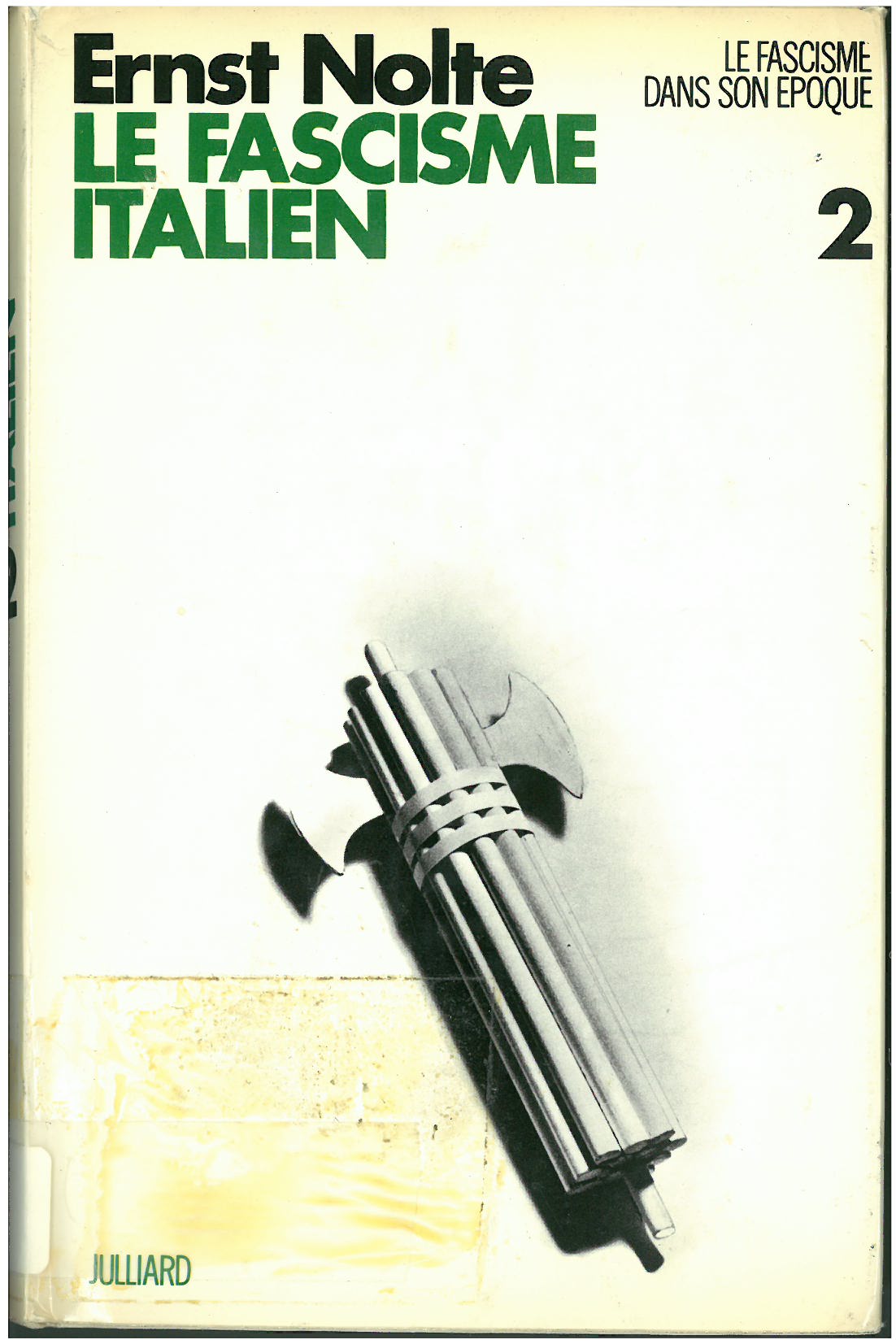 In any case, this profusion of schools and researchers ended up producing a plethora of writings on this issue, for better or worse. Thorough or truly innovative analyses rubbed shoulders with theses stated a thousand times over and reiterated in the form of platitudes by publicists or politicians. And it is in this compact but uneven body of work that our library carried out its mission, drawing on its traditional eclecticism... as well as on specialised bibliographies.
In any case, this profusion of schools and researchers ended up producing a plethora of writings on this issue, for better or worse. Thorough or truly innovative analyses rubbed shoulders with theses stated a thousand times over and reiterated in the form of platitudes by publicists or politicians. And it is in this compact but uneven body of work that our library carried out its mission, drawing on its traditional eclecticism... as well as on specialised bibliographies.
Ultimately, the harvest has been rich, and few classic productions have escaped our attention. In our collection, Angelo Tasca (The Rise of Italian Fascism, 1938) sits alongside Pierre Milza (Le fascisme italien: 1919-1945, 1980), while Hans Mommsen (Der Nationalsozialismus und die deutsche Gesellschaft, 1991) is in good company with the finest works of Fritz Stern (The Politics of Cultural Despair, 1961), George Mosse (The Crisis of German Ideology. Intellectuals Origins of the Third Reich,1964), and Robert Paxton (The Fascist Revolution: Toward a General theory of Fascism, 2005).
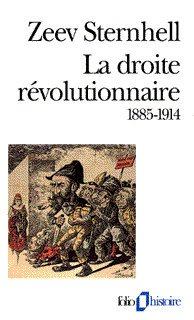 And there are so many others, whose theories are sometimes questionable and/or strongly contested, for instance the Historikerstreit in Germany in the 1970s and 1980s sparked by Ernst Nolte's attempt to see Nazism above all as a clumsy response to Bolshevist terrorism, as well as the vehement quarrels between Zeev Sternhell, champion of the French origins of fascism (La droite révolutionnaire 1885-1914, 2000), and Winock or Bernstein. In doing so, these distinguished academics have shown that it is possible to be both a scholar and an activist. And that the ashes of fascism, like those of communism, have not yet cooled...
And there are so many others, whose theories are sometimes questionable and/or strongly contested, for instance the Historikerstreit in Germany in the 1970s and 1980s sparked by Ernst Nolte's attempt to see Nazism above all as a clumsy response to Bolshevist terrorism, as well as the vehement quarrels between Zeev Sternhell, champion of the French origins of fascism (La droite révolutionnaire 1885-1914, 2000), and Winock or Bernstein. In doing so, these distinguished academics have shown that it is possible to be both a scholar and an activist. And that the ashes of fascism, like those of communism, have not yet cooled...
|
|
|
|
|
